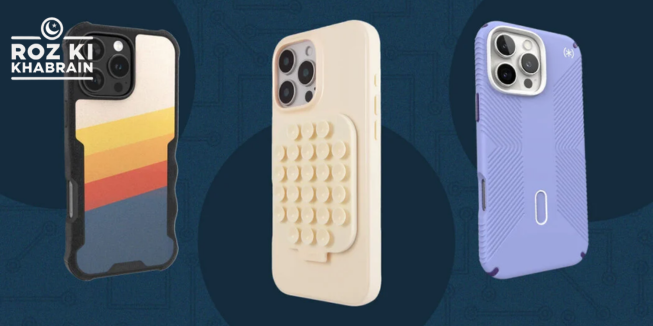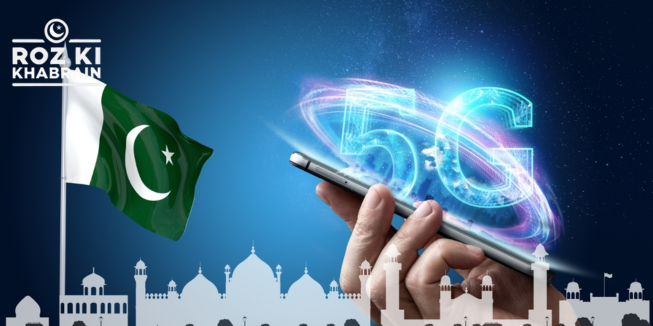Smartphones are an integral part of modern life, yet many myths about their usage and care continue to circulate. These misconceptions can range from minor inconveniences to potentially harmful practices. Let’s debunk 12 common smartphone myths:
1. Rice saves water-damaged phones
Putting a wet phone in rice isn’t effective and may even cause damage. Experts recommend letting the phone air dry on a flat surface, which is faster and safer than the rice trick.
2. Closing apps saves battery life
Manually shutting down apps doesn’t conserve battery power; it can actually drain more. Modern smartphones efficiently manage background apps, so adjusting settings for background activity is a better solution.
3. Overnight charging damages the battery
With optimized charging features, modern smartphones prevent overcharging by halting the charge at 80% and finishing closer to when you wake up. Keeping your battery between 20% and 80% helps maintain its health.
4. Only same-brand chargers are safe
While quality chargers are crucial, same-brand options aren’t the only reliable choice. Reputable third-party chargers work just as well, but avoid unverified or cheap options.
5. Apps from official stores are always safe
Even apps on Google Play and Apple App Store can sometimes harbor malware. Always check reviews and avoid apps with poor ratings or suspicious activity to protect your device.
6. More megapixels mean better photos
Photo quality depends more on sensor quality and processing than megapixel count. Choose a smartphone based on the overall photo quality, not just the megapixels.
7. Airplane mode speeds up charging
Although airplane mode slightly reduces energy consumption, the impact on charging speed is minimal. Modern phones charge quickly enough without needing this adjustment.
8. Blue light is the main culprit for sleep disruption
All screens can affect sleep patterns, not just blue light. Reducing screen time before bed and engaging in relaxing activities can help improve sleep quality.
9. 5G is harmful
Extensive research shows no evidence of health risks from 5G. Concerns about electromagnetic radiation are unfounded, unlike proven threats like excessive UV exposure.
10. Public Wi-Fi is always unsafe
While encryption has improved public Wi-Fi security, risks remain. Avoid accessing sensitive accounts and be cautious of fake networks. Using a VPN can enhance safety.
11. Airplane mode is mandatory during flights
Cellphone signals don’t interfere with aircraft instruments, but airplane mode prevents signal disruptions for pilots and saves your phone’s battery by stopping it from searching for a network.
12. Phones never need restarting
Regularly restarting your phone helps clear cache, fix minor glitches, and improve performance. A weekly reboot is recommended for smooth operation.
Understanding these facts about smartphones allows you to maximize your device’s potential while avoiding unnecessary risks.




